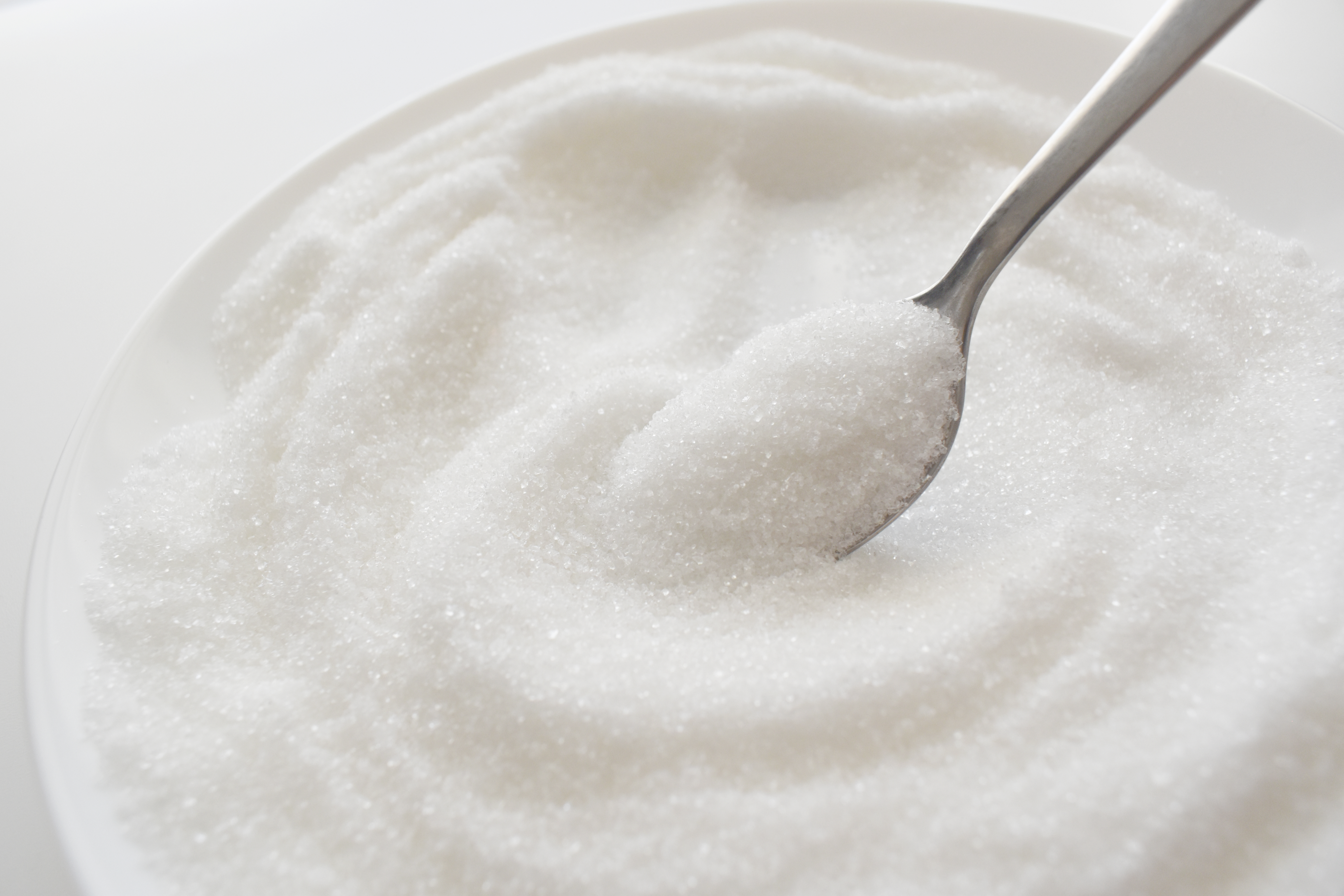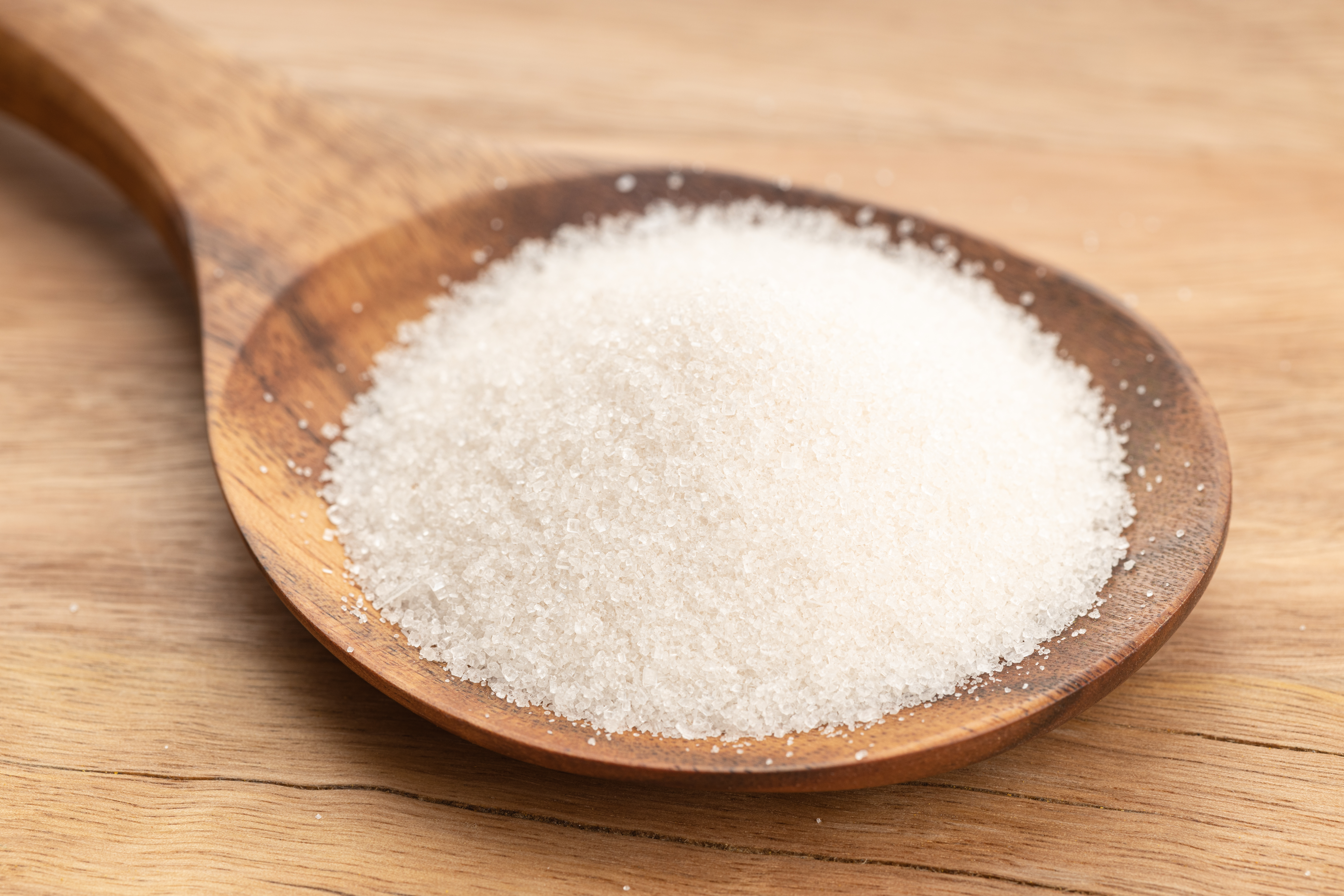How Sugar Affects Your Gut
Sugar, a staple in diets worldwide, is more than just a sweet indulgence; it's a key player in the complex narrative of our gut health. Our gut, home to trillions of microorganisms, is significantly influenced by what we consume, and sugar is no exception. From the type of sugar we eat to the quantity, every aspect can alter the microbial balance, impacting everything from digestion to immune function. This article delves into the multifaceted ways sugar shapes our gut's story, exploring its effects on gut microbiota, digestive processes, and overall well-being. Let's embark on this journey to understand the sweet connection between sugar and our gut.
1. Sugar and Gut Microbiota Diversity

The diversity of gut microbiota is crucial for maintaining a healthy digestive system. Sugars, particularly refined sugars, can disrupt this delicate balance. When consumed in excess, they feed certain bacteria, such as Firmicutes, which can outcompete beneficial bacteria like Bacteroidetes. This imbalance may lead to a decrease in microbiota diversity, which is associated with various health issues, including obesity and inflammatory diseases. Conversely, naturally occurring sugars found in fruits and vegetables are often accompanied by fibers that promote the growth of beneficial bacteria, supporting a diverse and healthy microbiome.
2. Sugar's Role in Gut Inflammation

Excessive sugar intake is linked to increased gut inflammation, a precursor to numerous chronic diseases. High sugar diets can lead to the overproduction of harmful metabolites, which irritate the gut lining and trigger inflammatory responses. This inflammation can compromise the gut barrier, allowing toxins to enter the bloodstream and potentially leading to systemic inflammation. By understanding the inflammatory pathways activated by sugar, we can better appreciate the importance of moderating sugar intake to maintain a healthy gut environment and prevent inflammation-related diseases.
3. The Impact of Sugar on Gut Permeability

Gut permeability, often referred to as "leaky gut," is a condition where the intestinal barrier becomes compromised, allowing harmful substances to pass into the bloodstream. Diets high in sugar can exacerbate this condition by disrupting the tight junctions between gut cells. Elevated sugar levels can increase the production of zonulin, a protein that regulates intestinal permeability, leading to a more permeable gut lining. This can result in increased susceptibility to infections, allergies, and autoimmune diseases, highlighting the importance of regulating sugar intake for gut integrity.
4. Sugar's Influence on Gut-Brain Axis

The gut-brain axis is a bidirectional communication system between the gut and the brain, influencing mood and cognitive functions. Sugar consumption can affect this axis by altering gut microbiota composition, which in turn impacts neurotransmitter production. For instance, an imbalance in gut bacteria can lead to reduced serotonin levels, a neurotransmitter crucial for mood regulation. This connection suggests that excessive sugar intake may contribute to mood disorders and cognitive impairments, emphasizing the importance of a balanced diet for mental well-being.
5. Sugar and Digestive Enzyme Production

Sugar intake can influence the production of digestive enzymes, which are essential for breaking down food and absorbing nutrients. High sugar diets may lead to an overproduction of certain enzymes that favor the digestion of carbohydrates, potentially at the expense of enzymes needed for protein and fat digestion. This imbalance can result in inefficient nutrient absorption and digestive discomfort. Understanding how sugar affects enzyme production can help tailor dietary choices to support optimal digestion and nutrient utilization.
6. Sugar's Effect on Gut Motility

Gut motility, the movement of the digestive tract, is essential for the proper digestion and absorption of nutrients. Sugar can impact gut motility by altering the balance of gut hormones like ghrelin and peptide YY, which regulate appetite and digestion. High sugar intake can lead to delayed gastric emptying and altered intestinal transit time, contributing to symptoms like bloating and constipation. By moderating sugar consumption, individuals can support healthy gut motility and reduce digestive discomfort.
7. The Role of Sugar in Gut Immunity

The gut houses a significant portion of the immune system, and sugar plays a role in modulating immune responses. High sugar diets can weaken gut-associated lymphoid tissue (GALT), which is crucial for immune defense. Excess sugar can lead to an overactive immune response, increasing the risk of allergies and autoimmune conditions. Conversely, reducing sugar intake can help maintain a balanced immune response, supporting overall health and resilience against infections.
8. Sugar and Gut Hormone Regulation

Gut hormones play a vital role in regulating hunger, satiety, and metabolism. Sugar consumption can disrupt the balance of these hormones, particularly insulin and glucagon-like peptide-1 (GLP-1). High sugar intake can lead to insulin resistance, affecting blood sugar control and increasing the risk of metabolic disorders. Additionally, sugar can alter GLP-1 levels, impacting appetite regulation and energy balance. Understanding the relationship between sugar and gut hormones can guide dietary choices to support metabolic health.
9. The Impact of Sugar on Gut-Related Metabolic Disorders

Excessive sugar consumption is linked to the development of metabolic disorders, including obesity and type 2 diabetes. These conditions are often associated with alterations in gut microbiota composition and function. High sugar diets can promote the growth of bacteria that extract more calories from food, contributing to weight gain. Moreover, sugar-induced inflammation and insulin resistance further exacerbate metabolic dysfunction. By addressing sugar intake, individuals can mitigate the risk of these gut-related metabolic disorders.
10. Sugar and Gut Detoxification Processes

The gut plays a crucial role in detoxifying the body by processing and eliminating waste products. Sugar can affect these detoxification processes by altering gut microbiota composition and enzyme activity. High sugar intake can impair the liver's ability to detoxify harmful substances, increasing the burden on the gut. This can lead to the accumulation of toxins, affecting overall health. By understanding sugar's impact on detoxification, individuals can make informed dietary choices to support their body's natural cleansing processes.
Cultivating a Balanced Gut Story

The intricate relationship between sugar and the gut highlights the importance of mindful consumption. While sugar is a natural part of many foods, its impact on gut health cannot be overlooked. From influencing microbiota diversity to affecting gut-brain communication, sugar plays a pivotal role in shaping our gut's narrative. By understanding these connections, we can make informed choices to support a healthy gut environment, ultimately enhancing our overall well-being. Cultivating a balanced approach to sugar intake is essential for writing a healthier gut story.